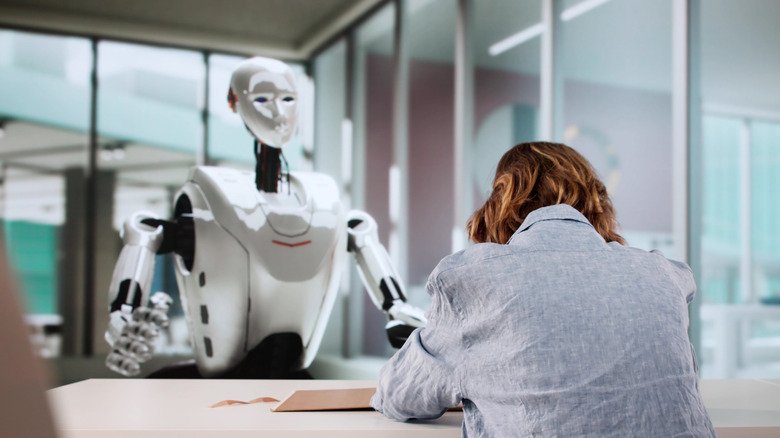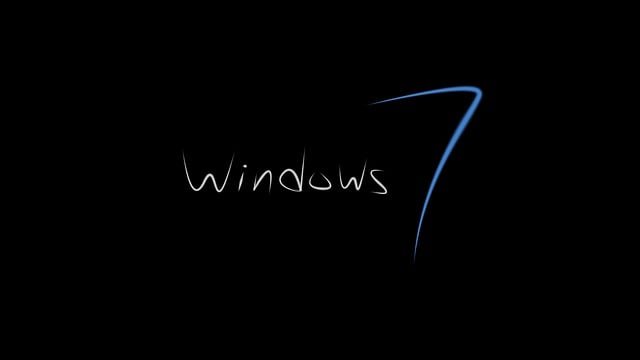
Andrey_Popov/Shutterstock
It’s been impossible to miss the headlines that have popped up over the past couple of years, but many of them have had the same message: AI is coming for our jobs. While it’s easy to get lost in the doom and gloom of the “AI revolution” we’re currently experiencing, many have stood fast on the fact that while AI might replace some jobs short-term, humans will ultimately find other places to apply their skills.
No matter where you fall on the scale of believing the headlines or not, though, it’s hard to argue with the fact that some jobs are likely to be completely replaced by AI at some point in the future. In fact, we have already seen the Godfather of AI himself argue that AI will replace some jobs. And now, it looks like Microsoft is jumping on the bandwagon.
The tech giant has been pushing AI experiences since the revolution began, and according to a new yet-to-be-peer-reviewed study that researchers at the company have published to arXiv, the jobs most likely to be replaced by AI include teaching jobs, advising jobs, and writing jobs.
AI can’t replicate human feeling and soul

La Famiglia/Shutterstock
More specifically, the list of occupations with the highest AI applicability scores included interpreters and translators, historians, passenger attendants, sales representatives, writers and authors (gulp), and customer service representatives. Employees in these fields should be paying especially close attention to AI’s rise in the days ahead.
Of course, that’s a very broad list of potential industries that could be affected by the ongoing advancement of AI. However, it’s worth noting that even if AI does replace some of these jobs — it’s extremely likely, especially at big tech companies like Microsoft — the outcome is always going to be work that lacks human feeling and soul.
That’s one of the biggest issues with AI replacing human jobs. It may be able to learn and pick up on the technical aspects of our skills. But AI will never be able to replace what human workers bring to their jobs. There’s also the whole hallucination issue, but that’s another topic altogether. The point is, AI still has a long way to go before it replaces all of our jobs. And the good news, I guess, is that if AI does replace our jobs, we can still count on manual labor to pay the bills — at least until the robot butlers take over.


